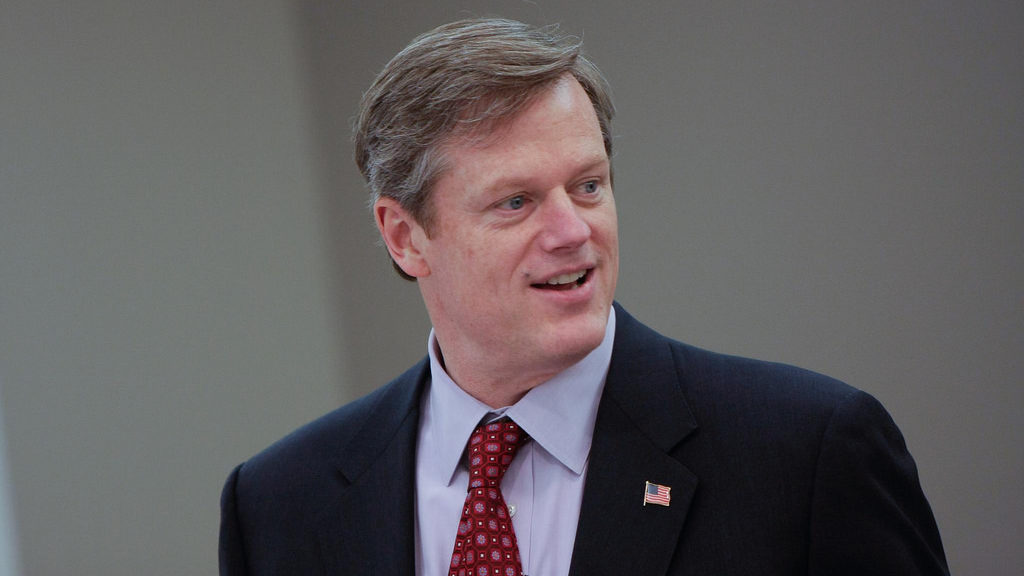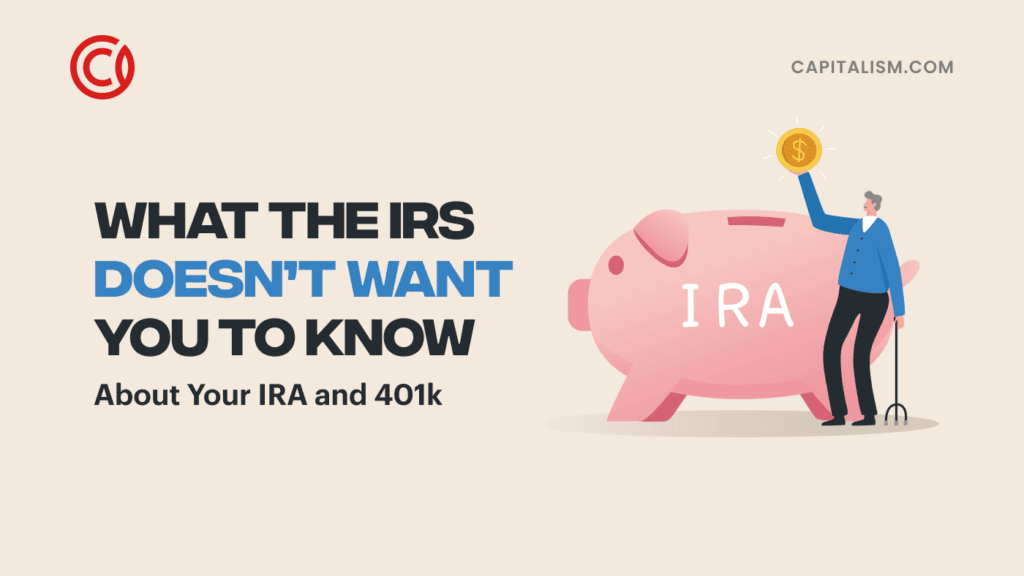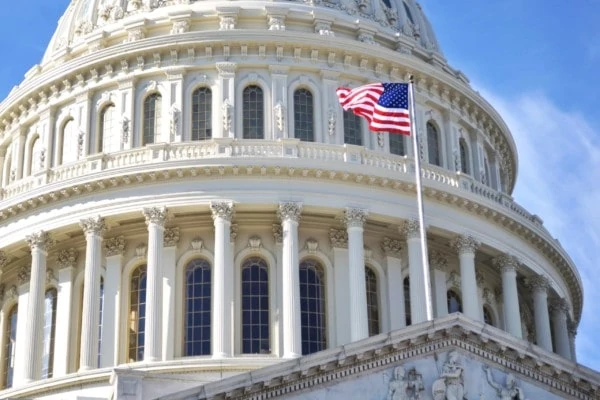Republican Gov. Charlie Baker of Massachusetts is one of several to blame for a state budget that exceeds $40 billion.
Among the initial negotiations on the budget, the Baker administration forced into the budget proposal a provision to raise the levy on a fee that employers are required to pay to help alleviate the costs of Medicaid in the state.
Initially, the request was to increase the fee to fund a $300 million shortfall every year after passage of this year's budget. Nevertheless, the business community responded with massive disdain, and the negative response resulted in a compromise for a two-year, limited in the fee in question to generate funds at a lower rate.
Despite the governor's intentions for the fee, the Democrat-controlled, bicameral general court, the state's legislature, passed the budget with the costs astronomically higher.
For a two-year period, the new budget requires the state's businesses to pay more for the employer medical assistance contribution, or EMAC. The contribution would increase from $51 to $77 per employee and could exceed $750 per employee for companies whose labor is dependent on publicly-funded health insurance.
The state's Medicaid system, known as MassHealth, covers nearly 2 million residents with a cost that exceeds more than $16 billion, annually.
A Tax Increase, Not A Reliable Medicaid Funding Stream
Let's consider the obvious. An increase in the EMAC fees is harmful, and now being in the current state's budget, was at the initiation of Baker in his effort to be fiscally responsible. It's admirable but stupid, to think that a de facto tax increase will be popular among businesses--especially when Baker was dependent on the platform to alleviate regulatory and tax burdens.
You can sell it as a tax or a fee; however, the fact of the matter is that the government is requiring a higher rate in fees businesses need to pay to remain compliant and thus remain open.
Baker can repent for the EMAC increase by repealing the budget, or the specific line items, within the ten-day window. However, if he doesn't, the budget will go into effect and all will have the harm.
Democrats in the legislature just were lucky enough to propose even more burdensome.
How To Alleviate Costs of Medicaid
Since the years of Medicaid expansion and the uptick of Americans covered by publicly-funded health insurance, Medicaid--in its current form--has become unsustainable at the state and federal levels.
One way to alleviate the burden, on both the taxpayers and the government, would be to allow healthcare to be tied to the free market, more so, then the projections and over-regulation of a government.
The government, with its large insurance cronies, corner the market and can make all decisions on how to cover individuals, private or publicly insured.
A framework that allows consumer choice in publicly-funded health care also would serve as a cost cutting approach for people who need the coverage the most--the poorest of the poor. Even then, the model should be focused on patient and provider control rather than a legislature dictating how people receive care, how businesses run, and how insurers cover individuals.
Baker shouldn't hide behind the veil of fiscal responsibility. He is just as guilty.
What was Baker thinking? Let us know in the comments.
MORE POLICY ANALYSIS ON CAPITALISM.COM
• Illinois Lawmakers Think $5 Billion Tax Won't Drive Residents To Tax Friendly States
• Minneapolis Businesses Brace For Minimum Wage Hikes
• Dairy Pride Act Is Protectionist Government Intrusion In Declining ‘Milk’ Industry











